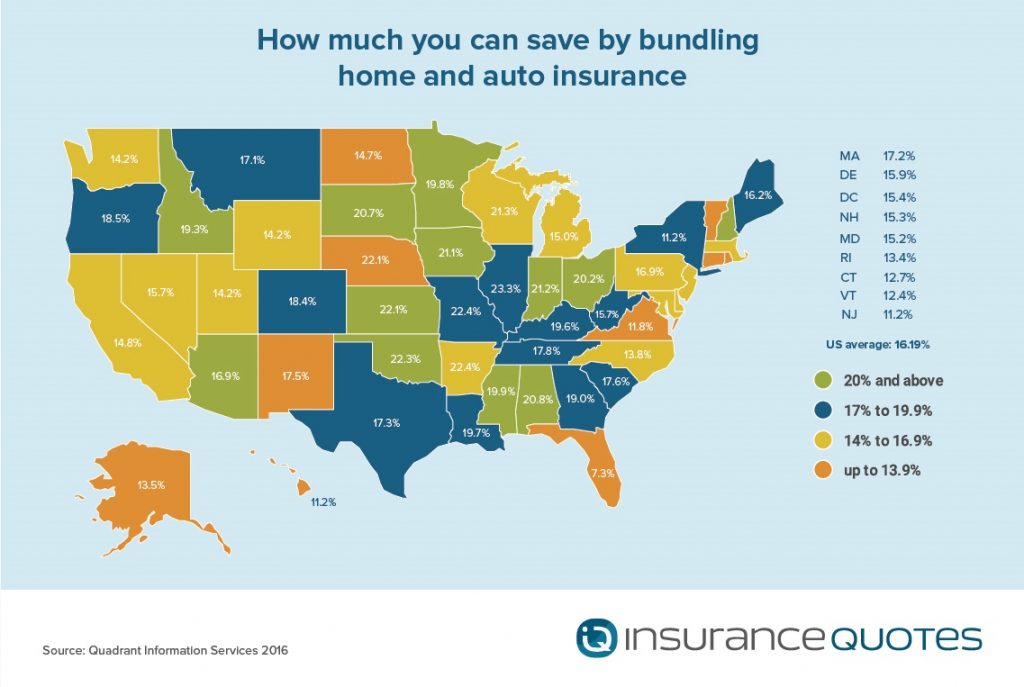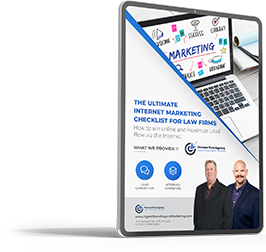In a business built on trust, your ability to connect with people is your most valuable asset. For insurance agents, mastering the art of networking isn’t just a growth tactic—it’s the foundation of lasting success.
Networking plays a vital role in achieving long-term success in the insurance industry. Insurance agents must network effectively to build lasting relationships with clients and sustainably grow their businesses.
Attracting new clients is only half the battle. Once agents have brought new clients into their business, it’s essential to ensure they are satisfied with the service they receive.
Long-term clients bring consistent revenue and significantly contribute to the success of an insurance agency. That’s why using effective networking techniques is so important—they help agents turn new clients into loyal ones.
In this article, we’ll help insurance agents master the art of networking. We’ll explore key strategies and offer actionable tips to help agents make the most of their networking efforts.
Let’s dive in.
- Key Takeaways
- Attend Industry Events
- Join Insurance Networking Groups
- Leverage Social Media
- Build Mutually Beneficial Partnerships
- Engage with Local Communities
- Remind Clients About Policy Renewals
- Start Networking Today
- Frequently Asked Questions (FAQs)
- Why is networking so important for insurance agents?
- What are some effective ways to network as an insurance agent?
- How can I use social media for networking without being overly promotional?
- Can networking really help me get more referrals?
- What should I say when reminding clients about insurance renewals?
- How much time should I invest in networking each week?
- Can ABM help me with networking strategies specific to my insurance niche?
Key Takeaways
- Networking is foundational to long-term success in the insurance industry, helping agents attract, retain, and serve clients more effectively.
- Industry events offer valuable opportunities to connect with peers, stay informed on trends, and expand professional networks.
- Active participation in online networking groups on platforms like LinkedIn and Twitter can increase visibility and build credibility.
- Social media platforms serve as powerful tools for both promotion and relationship-building with prospects and clients.
- Strategic partnerships with other agents—even competitors—can lead to mutual referrals and more comprehensive service offerings.
- Engaging with local communities builds trust and positions agents as recognizable and reliable members of their area.
- Regular client communication, including renewal reminders, reinforces client relationships and supports long-term retention.
- Professional marketing guidance can streamline the networking process and provide tailored strategies for insurance business growth.
Attend Industry Events
Insurance agents should continually work on expanding their networks by engaging with other industry professionals. Attending conferences, seminars, and webinars is a great way to do this.
These events bring together like-minded individuals who are passionate about insurance. They offer excellent networking opportunities and a chance to share experiences and insights.
Participating in industry events helps agents:
- Expand professional networks
- Build relationships with other insurance professionals
- Stay updated on trends and innovations in the field
Join Insurance Networking Groups
Numerous networking groups focus specifically on the insurance industry. Platforms like LinkedIn and Twitter host many of these communities, and insurance agents should actively join and engage with them.
However, simply joining isn’t enough. Agents need to participate regularly—engage in discussions, answer questions, and share insights. This active involvement not only boosts visibility but also builds credibility and trust among peers.
Leverage Social Media
Social media is a powerful tool for networking. Agents can use platforms such as Instagram, YouTube, Twitter, Facebook, and LinkedIn to promote their services and connect with their target audiences.
It’s not just about visibility—agents should also use these platforms to engage with prospects, answer questions, and build relationships. Consistent and meaningful interactions on social media can help turn prospects into long-term clients.
Build Mutually Beneficial Partnerships
While insurance agents often compete with each other, there are many opportunities for collaboration. For example, a life insurance agent can partner with agents specializing in health, travel, or auto insurance. Such partnerships allow for mutual referrals and expanded service offerings.
By working together, agents can provide clients with more comprehensive solutions and grow their businesses collaboratively.
Engage with Local Communities
Local communities present excellent networking opportunities. Insurance agents should remain visible and active in their communities by volunteering, sponsoring events, or simply attending local gatherings.
Community engagement builds trust and helps agents forge connections with potential clients. People are more likely to do business with professionals they recognize and who are active in their local area.
Remind Clients About Policy Renewals
One simple yet impactful way to maintain strong client relationships is by reminding them about upcoming policy renewals. This proactive communication shows that agents care about their clients and helps ensure continued service.
Regular reminders also reinforce the agent’s role as a helpful and reliable resource, which contributes to long-term retention.
Start Networking Today
We’ve outlined several effective networking strategies that insurance agents can implement. Each one offers distinct benefits that contribute to long-term success.
However, networking takes time and effort. It’s an ongoing process that requires dedication and consistency. Fortunately, marketing professionals can offer valuable guidance and support to agents looking to optimize their networking strategies.
If you’d like to learn how we can help you build strong, lasting relationships in your insurance business, contact us today. Our team will craft a personalized strategy to help you achieve long-term success.
Frequently Asked Questions (FAQs)
Why is networking so important for insurance agents?
Networking helps agents build lasting relationships, attract new clients, retain existing ones, and gain referrals. It’s essential for sustainable business growth in the competitive insurance landscape.
What are some effective ways to network as an insurance agent?
Attending industry events, joining professional groups, engaging on social media, partnering with other agents, and participating in local community activities are all effective strategies.
How can I use social media for networking without being overly promotional?
Focus on providing value. Share insights, answer questions, post educational content, and engage with your audience to build trust and relationships—not just promote your services.
Can networking really help me get more referrals?
Absolutely. Building strong connections with other professionals and satisfied clients often leads to organic referrals, especially when trust and mutual value are established.
What should I say when reminding clients about insurance renewals?
Keep it friendly and informative. Let them know their renewal is approaching, highlight any updates or improvements, and offer to assist with questions or changes.
How much time should I invest in networking each week?
While it varies, even dedicating a few hours weekly to networking—whether through events, online groups, or community involvement—can yield long-term results.
Can ABM help me with networking strategies specific to my insurance niche?
Yes! Our team at Agent Branding & Marketing creates tailored networking and marketing strategies for various insurance niches, helping you build strong relationships and grow your business effectively.
This article is a collaboration between Carl Willis and OpenAI’s ChatGPT. Created on June 5, 2025, it combines AI-generated draft material with Willis’ expert revision and oversight, ensuring accuracy and relevance while addressing any AI limitations.





